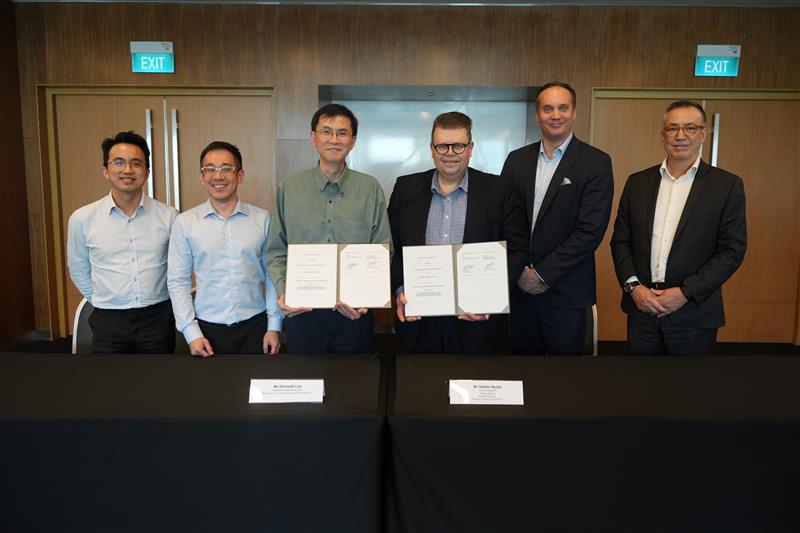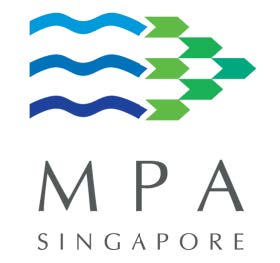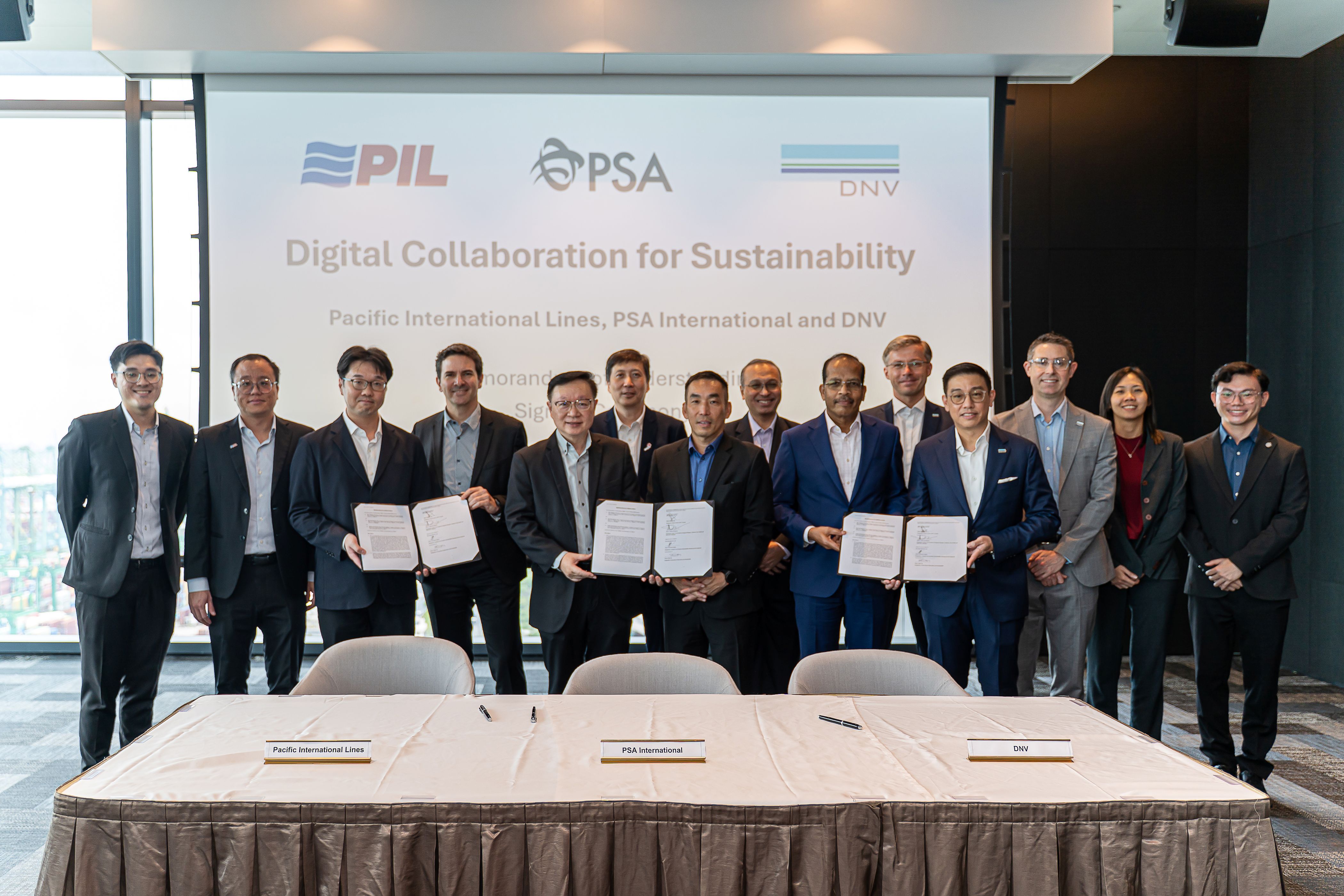
OceanScore has identified tangible savings on the cost of compliance with FuelEU Maritime that can be made through burning biofuels to generate surpluses for vessel pooling and thereby capture financial gains from overcompliance with carbon intensity reduction targets.
“While many shipping companies are struggling to get to grips with the complexities of this new regulation, it also presents significant commercial and revenue opportunities for those that understand FuelEU and are taking a proactive approach to adoption of alternative fuels,” says Albrecht Grell, Managing Director of maritime data and technology firm OceanScore.
He states it is natural for the industry to take a defensive stance towards the regulation, with many players focused on technical aspects such as finalising monitoring plans, data provision and verification, while seeking clarity on charter parties and Bimco's Shipman clauses as they relate to FuelEU.
Hurdling complexity
This is compounded by the tight time-frame ahead of implementation on 1 January 2025 and the fact it is being introduced when shipping is still trying to gain control of the EU ETS, amid ongoing operational challenges due to geopolitical developments.
Grell says FuelEU “can understandably be seen as annoyingly complex and just another cost burden for shipping”, with players facing a hefty penalty of €2400 per tonne of VLSFOe for compliance deficits and the prospect of increasing costs if no action is taken as intensity reduction targets are tightened towards 2050.
However, he also highlights business opportunities arising from the concept of surpluses and deficits under the FuelEU pooling mechanism whereby overcompliance for vessels using alternative fuels can be used to offset compliance deficits of other units running on conventional fuels to create a neutral compliance balance - both for internal fleets and with vessels from third parties.
Explaining the two key drivers for these opportunities, Grell says: “Generating compliance surpluses through burning the right biofuels will be much cheaper than paying penalties. And if sufficient compliance surpluses are generated, these can be ‘sold’ via FuelEU pooling arrangements with others.”
Net value of surpluses
OceanScore has calculated the net value of surpluses generated by replacing for example HFO with rapeseed-based biofuel will be around €440 per tonne of HFO replaced, taking into account the different bunker prices and calorific values of these fuels, as well as FuelEU penalties and EU ETS costs.
And this benefit could increase to up to around €1250 per tonne of HFO replaced with the use of bunkers based on waste cooking oil, which have an especially low carbon intensity in the context of FuelEU.
The surpluses generated by each of these alternative fuels will vary according to their different well-to-wake CO2e emissions, including the climate effect of methane and nitroxide.
Rapeseed-based biofuels have a default carbon intensity of 51.584g of CO2e per megajoule (MJ) of energy, giving a solid surplus versus the initial FuelEU hurdle rate of 89.3g CO2e/MJ, while waste cooking oil-based fuels come in at only 16.384g CO2e/MJ - basically doubling the positive effect on compliance balances.
Bunker selection is key
“Given comparable low calorific values and bunker prices, the need to carefully select bunkers based on the feedstock used becomes apparent,” Grell says.
He believes biofuel availability should not be an issue given that demand from shipping will only be around 4% of Europe’s total biofuel production, though the supply of fuel based on waste cooking oil and other similarly advantageous fuels is more limited. The pool of available fuels is even larger for vessels sailing to and from the EU that will be liable for carbon intensity reductions on 50% of energy consumption.
“Given new implementation guidelines that provide additional benefits to biofuels used on these voyages to and from the EU, non-European bunkering opportunities should be considered, too. While their biofuel prices typically are higher than in the EU itself, the new benefits provided in the context of FuelEU make them attractive options to consider,” Grell says
The FuelEU pooling mechanism therefore introduces a new economic incentive to accelerate adoption of biofuels, after much technical and commercial evaluation of such fuels in shipping, in accordance with the goal of the regulation to promote uptake of renewable and low-carbon fuels.
Solutions for FuelEU
OceanScore is now supporting an increasing number of shipping companies by providing valuable insights into FuelEU and enabling them to identify the optimal pathways to take advantage of commercial opportunities under the regulation through its FuelEU Planner, part of a suite of FuelEU solutions to be launched on September 4 at SMM, according to Grell.
A further solution, FuelEU Marketplace, will enable those running FuelEU compliance deficits to pool their balances with others running compliance surpluses.
Companies that have already signed up for OceanScore’s FuelEU solutions include industry leader MSC, which is also among dozens of clients representing over 1000 vessels worldwide using its ETS Manager designed to streamline commercial processes with EU ETS compliance.
“It is humbling to gain such a strong endorsement that demonstrates the credibility of our solutions in effectively navigating the complexity of these new regulations, boosting our motivation to raise our efforts in supporting the industry on the difficult path to compliance,” Grell concludes.
source: OceanScore
Please Contact Us at:
 Baltic Exchange launches new Fuel Equivalence Conve
Baltic Exchange launches new Fuel Equivalence Conve  21 Consecutive Years of QUALSHIP 21 Recognition for
21 Consecutive Years of QUALSHIP 21 Recognition for  MPA and Wärtsilä Renew Partnership to Drive Marit
MPA and Wärtsilä Renew Partnership to Drive Marit  MPA and Dalian Maritime University Renew Partnershi
MPA and Dalian Maritime University Renew Partnershi  PSA INTERNATIONAL, DNV AND PACIFIC INTERNATIONAL LI
PSA INTERNATIONAL, DNV AND PACIFIC INTERNATIONAL LI  INTERCARGO Reaffirms Call for Simplicity as IMO Cli
INTERCARGO Reaffirms Call for Simplicity as IMO Cli